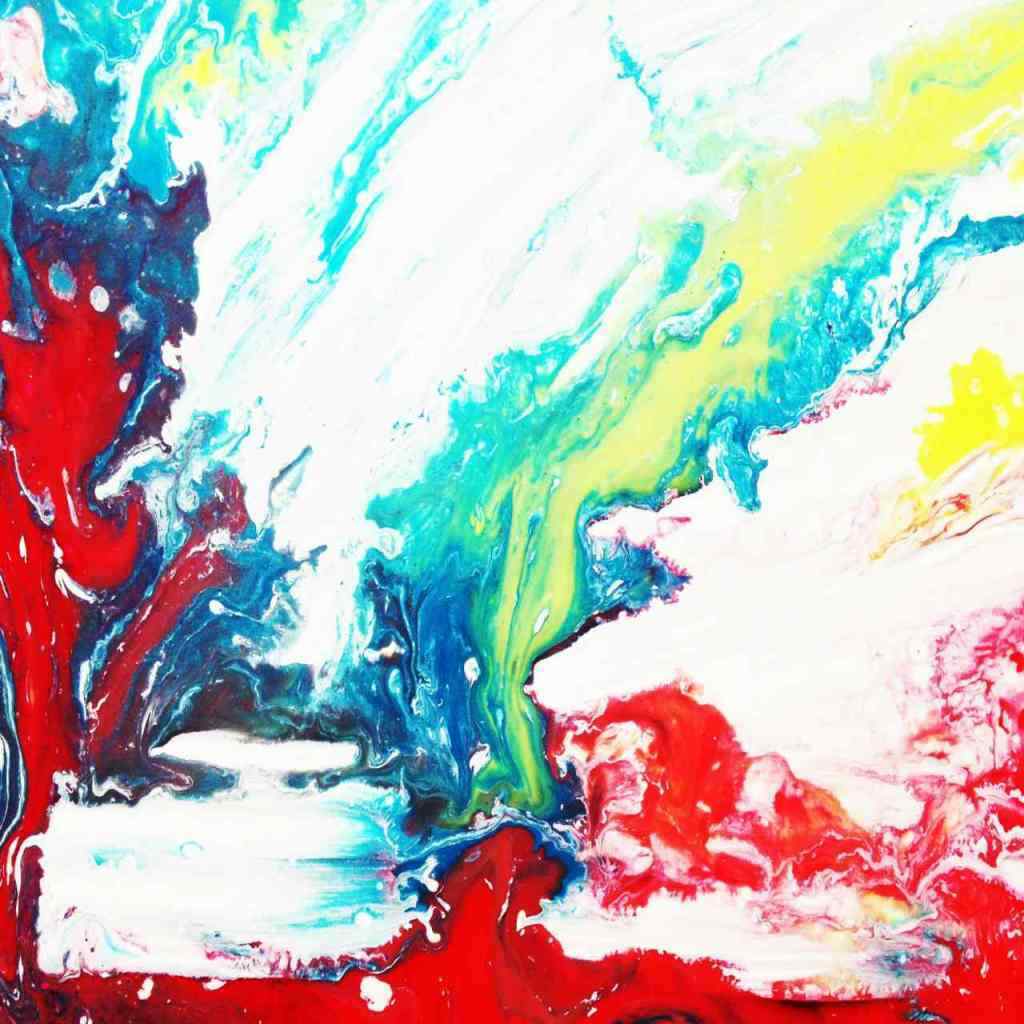2024 Regeneron International Science and Engineering Fair: Krish Pai’s Plagiarism Allegations
Krish Pai’s Project
In May 2024, Krish Pai, a high school student from Texas, presented his machine-learning research project at the prestigious Regeneron International Science and Engineering Fair (ISEF). Pai’s project, which focused on the development of software called Microby, attracted widespread attention for its potential to revolutionize plastic degradation. Microby, according to Pai’s research, could identify and modify novel microorganisms capable of breaking down plastic, offering a cost-effective and environmentally friendly solution to the growing plastic pollution crisis.
Plagiarism Allegations
However, just days after Pai’s project was awarded first place at ISEF, a group of competitors and researchers published an open letter accusing him of plagiarism. The letter alleged that Pai had presented images and data points from other research without proper attribution. Specific instances of plagiarism cited by the letter included an image of “plastic degraded by discovered microbes” and an image of a custom sensor.
Allegations of Concealing Original Creators
The open letter further accused Pai of concealing the original creators of the allegedly plagiarized material. For example, the sensor image was allegedly taken from a researcher in 2021, while the image of “plastic degraded by discovered microbes” was allegedly a manipulated copy of a previously published image. Pai’s alleged failure to cite several other images, data points, and charts that were presented as his own was also highlighted in the letter.
Krish Pai’s Project: A Groundbreaking Discovery or a Case of Plagiarism?
Machine-Learning Research Project
Krish Pai, a high school student from Texas, presented a remarkable machine-learning research project at the 2024 Regeneron International Science and Engineering Fair (ISEF). He developed software called Microby that identified two novel microorganisms that could be modified to degrade plastic. Pai’s project showcased the potential of machine learning in addressing environmental challenges.
Plagiarism Allegations Cloud the Project’s Success
However, Pai’s project has been marred by plagiarism allegations. An open letter from competitors and researchers accused Pai of presenting images and data points from other research without proper credit. Specific instances of plagiarism cited include the use of images without giving credit to the original creators and the omission of citations for several other images, data points, and charts.
Allegations of Concealing Original Creators
The allegations extend beyond plagiarism to accusations of concealing the original creators of the images used in Pai’s project. For example, the image of “plastic degraded by discovered microbes” was allegedly manipulated copy of a previously published image.
Omission of Citations
Pai is also accused of failing to cite several other images, data points, and charts that were presented as his own. This omission undermines the integrity of the research and raises questions about the validity of Pai’s findings.
Call for Investigation
The open letter called on ISEF and the Society for Science to investigate Pai’s project. The allegations have cast a shadow over the competition and raised concerns about the fairness and transparency of the judging process.
Society for Science’s Response
In response to the allegations, the Society for Science has initiated an investigation into Pai’s project. The society has also condemned cyberbullying and harassment against Pai.
Krish Pai’s Response
As of the writing of this article, Krish Pai has not publicly responded to the allegations. The outcome of the investigation by the Society for Science will determine the future of Pai’s project and may have implications for the integrity of the Regeneron International Science and Engineering Fair.
